Upper house victory may embolden Abe to revise Constitution
Updated: 2016-07-19 07:46
By Cai Hong(China Daily)
|
||||||||
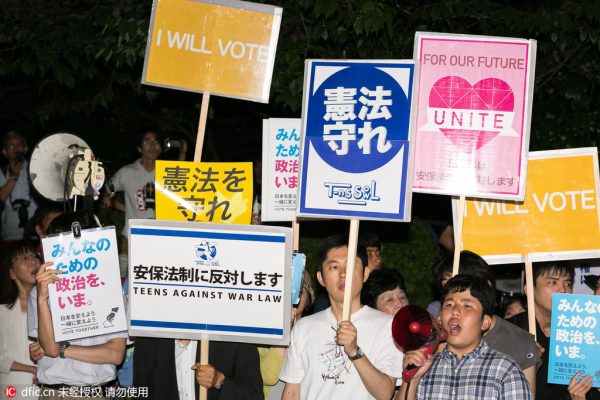 |
|
Members of T-ns SOWL hold placards to encourage young people to vote in the summer's House of Councillors elections outside the Parliament building on June 10, 2016, Tokyo, Japan. The Teens Stand up to Oppose War Law (T-ns SOWL) is a voluntary activist group of high school students whose goals are to protect democracy and pacifism in Japan. This year's House of Councillors elections is the first time that 18 and 19 year old can vote, and demonstration organizers claimed that 1500 attended the event.[Photo/IC] |
Tatsuo Hirano, an independent member of Japan's upper house of parliament, or Diet, applied last week to join the ruling Liberal Democratic Party. His change of mind will give the LDP majority in the upper house for the first time in 27 years.
Together with its ruling partner New Komeito and the opposition parties that favor amending Japan's Constitution, the LDP secured more than two-thirds of the seats in the July 10 upper house election. This supermajority is important for the LDP and its leader and Japanese Prime Minister Shinzo Abe, who has been making efforts to rewrite the Constitution and make Japan a "normal" country.
Article 96 of the Constitution stipulates that for any amendment two-thirds majority is required in both houses of the Diet, along with the approval of a majority of the voting population in a referendum. The LDP-New Komeito coalition already has supermajority in the Diet's more powerful lower house, and despite not making the Constitution an issue in the upper house election, Abe said on July 11 that he takes the latest victory as a public endorsement for revising the Constitution and vowed to set up a parliamentary committee to discuss which articles to amend and how.
As a grandson of former Japanese prime minister and LDP co-founder Nobusuke Kishi, who despised the Constitution "imposed" on Japan by the United States in 1947, Abe has been desperate to rewrite it, or, to be more precise, remove Article 9 which states that Japan forever renounces war as its sovereign right and vows not to maintain military forces for that purpose.
In 2012, the LDP published a draft constitution that seemed to turn the clock back to a more traditional and controlled society. Most importantly, the draft included a complete overhaul of Article 9, recommending that Japan's Self-Defense Forces be turned into the "National Defense Force" with the prime minister as commander-in-chief.
Abe has already euthanized the pacifist Constitution by reinterpreting it to allow collective self-defense and having the security bills railroaded through the Diet. Besides, Tadae Takubo, chairman of Japan Conference, and ultraconservative political lobby, said at the Foreign Correspondents' Club of Japan in Tokyo on Wednesday that the group will do its utmost to capitalize on Abe's victory in the upper house election and push for constitutional revision to allow a more active Japanese military. The war-renouncing Constitution, in his words, makes Japan's defense "defective".
The group, founded in 1997, calls for building a strong army to defend Japan from the threats from China and the Democratic People's Republic of Korea. Its key members claim Japan waged a war of "self-defense", not a war of aggression, against the US and European countries during World War II.
About 280 lawmakers-or nearly 40 percent of all Diet members-belong to Japan Conference Diet Member Discussion Society. Abe may form commissions to review the Constitution in the two houses when the extraordinary session of the parliament convenes in autumn.
Given the split in Japanese society over constitutional revision, Abe may not rush to remove Article 9 but he could amend other areas in the Constitution to set a precedent for future revisionists.
The author is China Daily Tokyo bureau chief.
caihong@chinadaily.com.cn
- African Union opens with launch of continental passport
- Baton Rouge shooter identified as ex-Marine Gavin Long
- Navy chiefs set for fresh talks on South China Sea
- Arrests hit 6,000 as Turkey cracks down on army and judges after coup bid
- A close look at Theresa May's new cabinet
- More than 70 dead in Nice attack as France marks national day
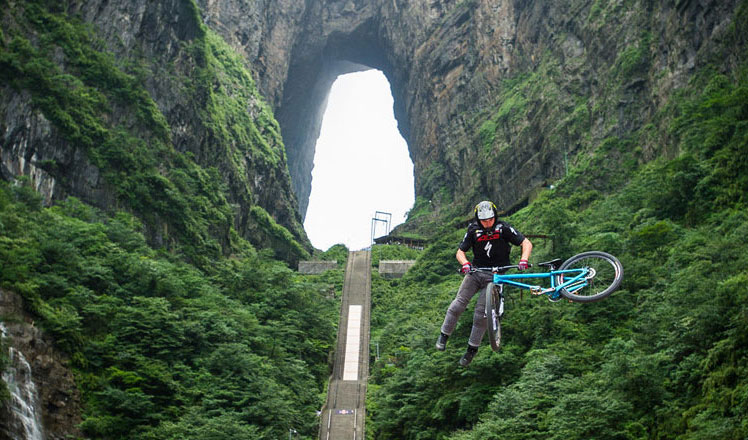
 Uphill battle for cyclists in downhill race in Zhangjiajie
Uphill battle for cyclists in downhill race in Zhangjiajie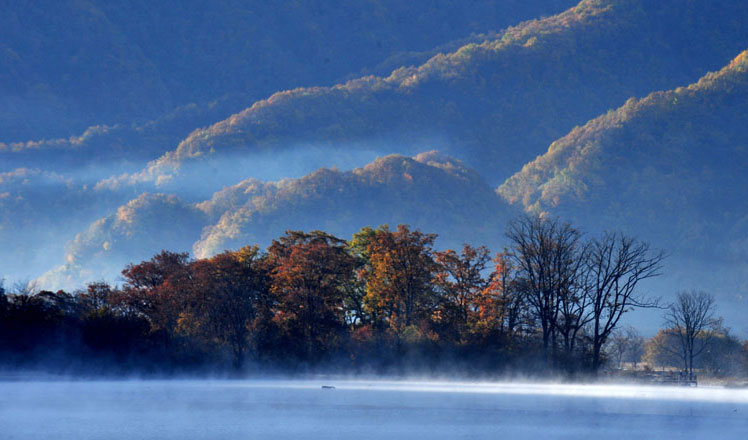
 Shennongjia added to World Heritage List
Shennongjia added to World Heritage List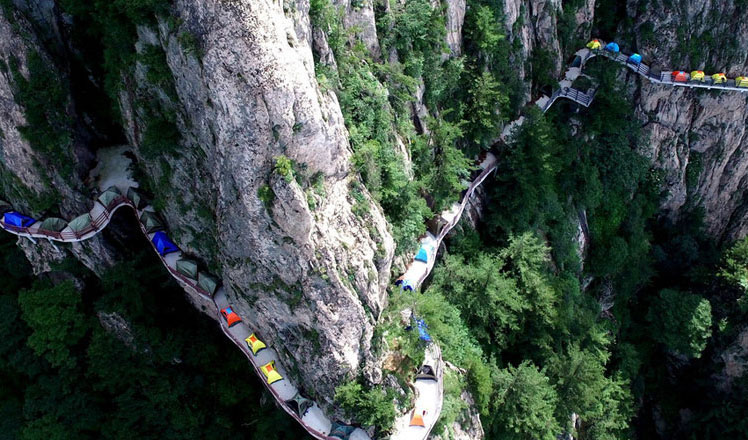
 Campers sleep perched on cliff face in Central China
Campers sleep perched on cliff face in Central China
 Two giant pandas meet public in NE China
Two giant pandas meet public in NE China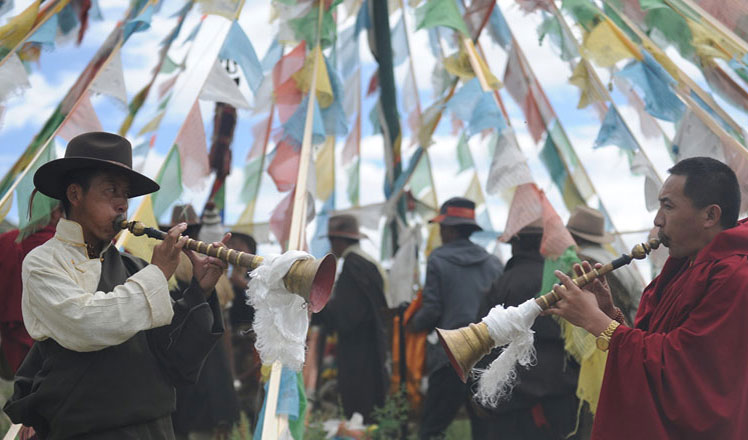
 Ongkor Festival celebrated in Southwest China's Tibet
Ongkor Festival celebrated in Southwest China's Tibet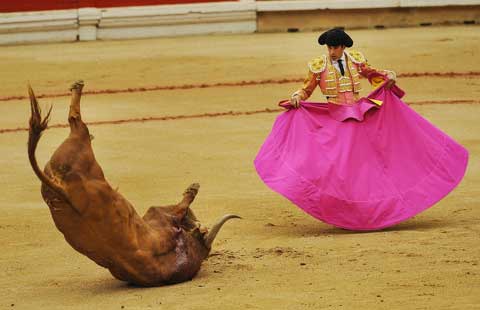
 The world in photos: July 11 - 17
The world in photos: July 11 - 17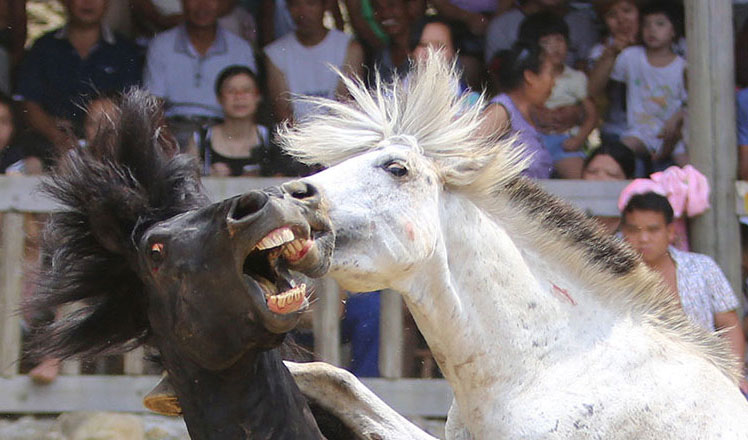
 Ten photos from around China: July 8-14
Ten photos from around China: July 8-14
 The only surviving panda triplets weaned from milk
The only surviving panda triplets weaned from milk
Most Viewed
Editor's Picks

|

|

|

|

|

|
Today's Top News
Ministry slams US-Korean THAAD deployment
Two police officers shot at protest in Dallas
Abe's blame game reveals his policies failing to get results
Ending wildlife trafficking must be policy priority in Asia
Effects of supply-side reform take time to be seen
Chinese State Councilor Yang Jiechi to meet Kerry
Chinese stocks surge on back of MSCI rumors
Liang avoids jail in shooting death
US Weekly

|

|








